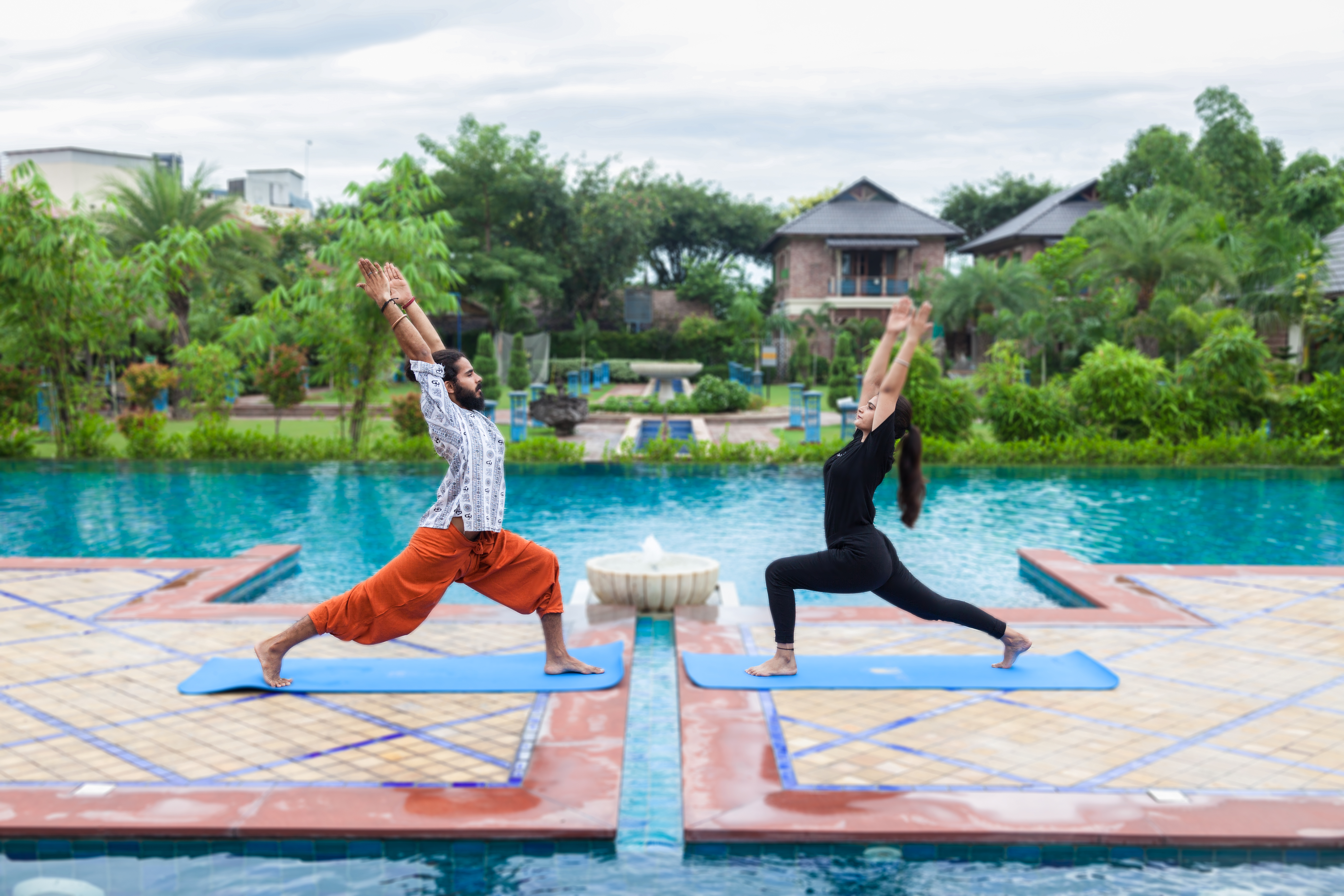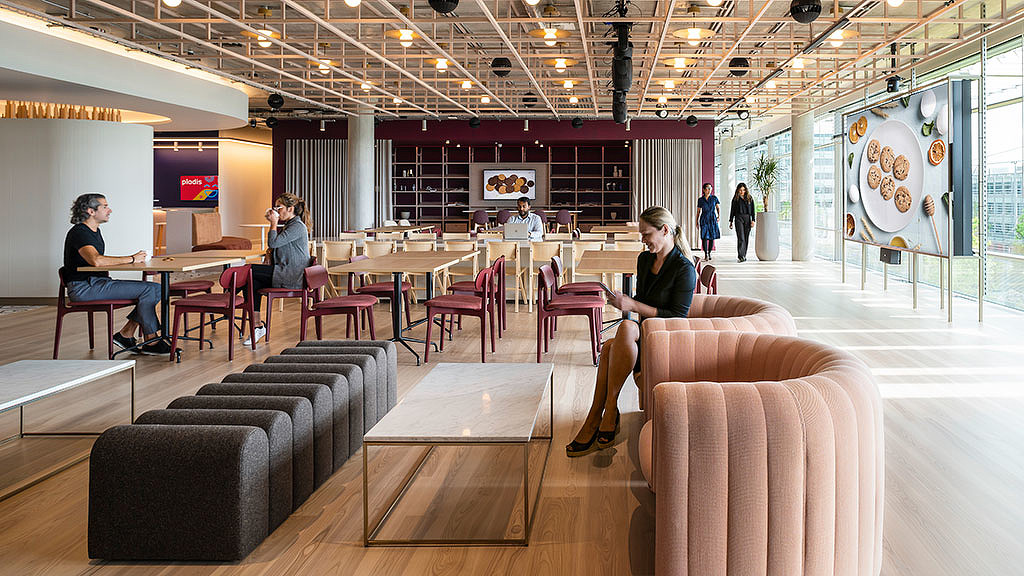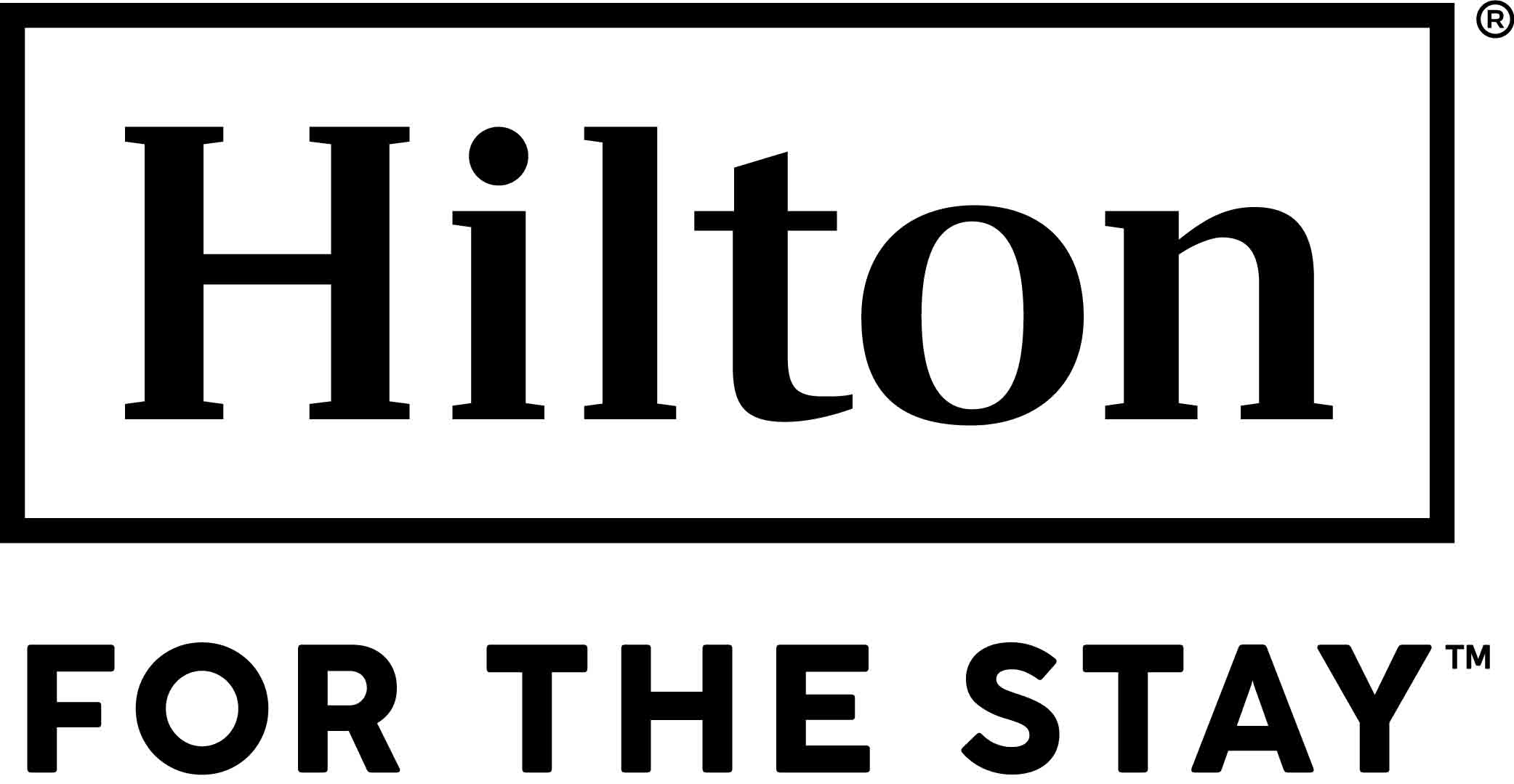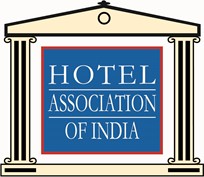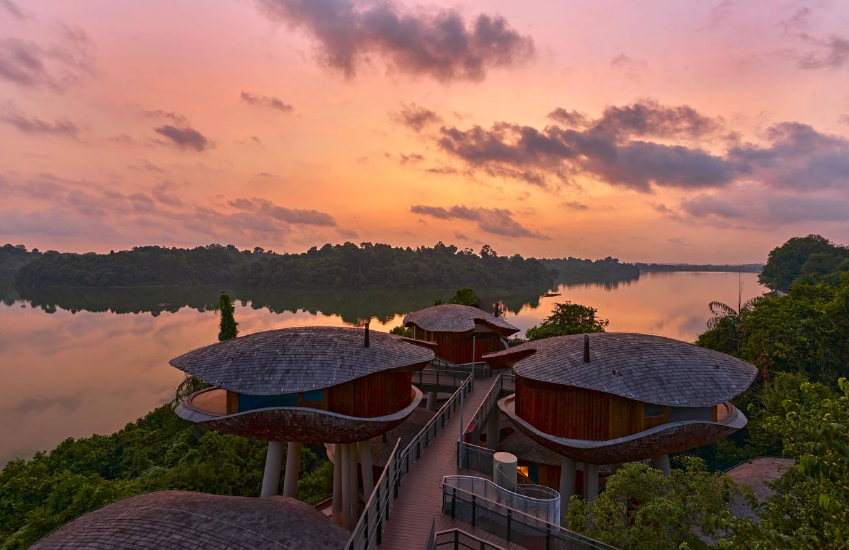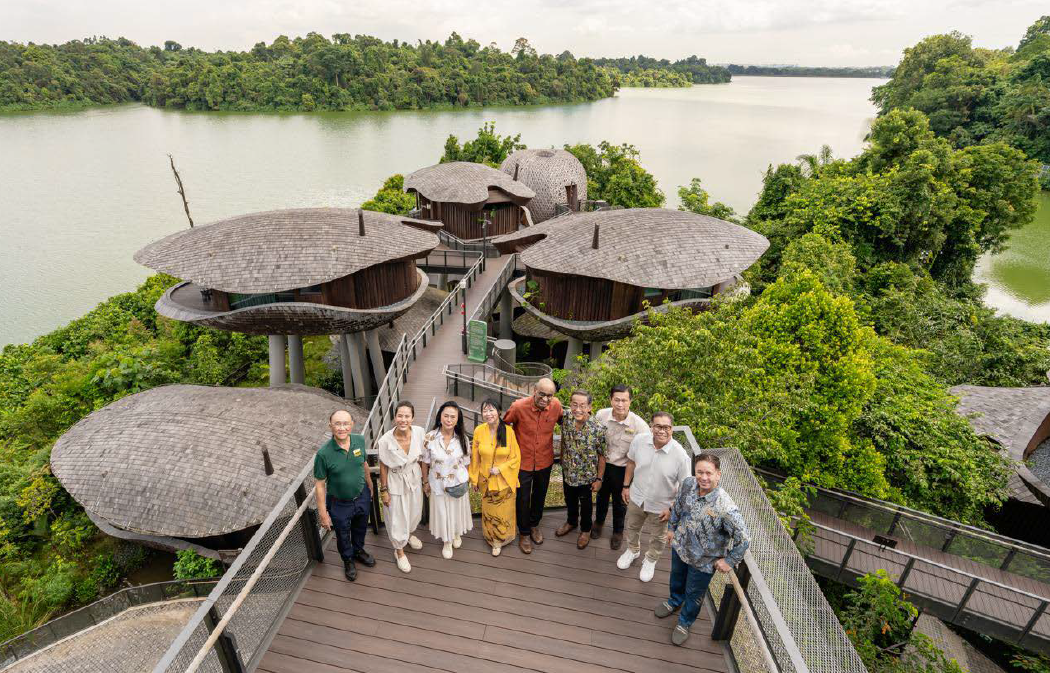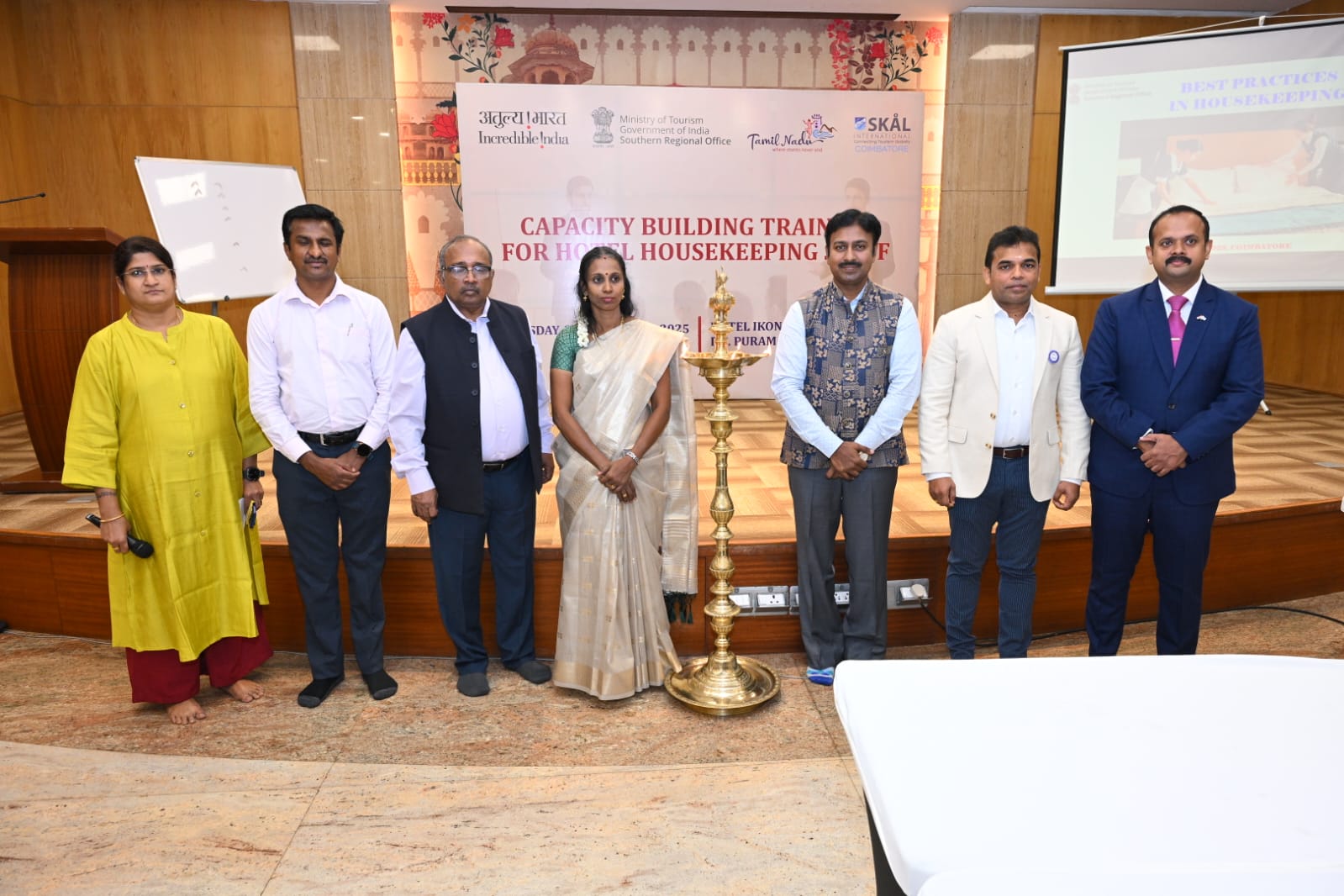As the digital detox trend evolves, hoteliers are crafting innovative experiences helping travellers disconnect from devices and prioritise personal well-being.
The hospitality sector is witnessing a significant surge in a new trend—digital detox travel. Today’s travellers, often overwhelmed by the constant digital distractions, seek refuge in serene escapes from their tech-centric lifestyle to disconnect and rejuvenate. Global search interest for “digital detox retreat” has increased by 50 per cent in the past year.
Fast-evolving trend: Key developments
To capitalise on the rising trend of digital detox travel, hotels and resorts have come up with new marketing strategies incorporating a variety of digital detox-related offerings, targeting wellness-conscious travellers.
TreeHouse Hotels & Resorts, in collaboration with Avika MindHealth, has introduced Aura, a virtual reality wellness experience, in Goa. JW Marriott Bengaluru offers locally produced and wellness-focused culinary experiences that promote health and sustainability. They have also incorporated initiatives, such as a pilates studio, customised yoga classes, and outdoor activities like walks in Cubbon Park, fostering a holistic experience.
Many resorts, hotels, and travel companies have come up with a variety of activities designed to help guests disconnect from their digital lives and reconnect with themselves. Fort JadhavGadh, based in Pune, also launched a programme, ‘Disconnect to Reconnect,’ offering various activities, from nature walks around the fort to pottery workshops along with stays in Chavani tents with minimal distractions, board games, and live folk performances.
Lotus Eco Beach Resort has historically embraced a strict no-technology policy, offering experiences that disconnect guests from the outside world.
Uptake of digital detox experiences
Given the rising demand in recent years, digital detox practices are expected to stay rather than be a temporary trend in the hospitality industry. They are taking on a new dimension in hospitality, as travellers are increasingly prioritising wellness and mindfulness amid a constantly connected world.
Lalit Mundkur, General Manager, Fort JadhavGadh Pune, said that there has been a significant uptick in guest satisfaction since the launch of digital detox experiences. “Many guests appreciate the experiences, as they allow them to disconnect and just be present in the moment.” He noted, adding, “As a result, we have seen an increase in repeat visitors.”
Sharing similar thoughts, Gaurav Sinha, Hotel Manager, JW Marriott Hotel Bengaluru, said “Our initiatives have resulted in notable improvements with our guests. Positive evaluations from visitors have been ascribed to the natural environment and customised experiences we offer.”
While the concept of digital detox is gaining traction, it is still a niche market. “Very honestly, the percentage is still low, and the category of people who prefer digital detox is smaller in comparison,” admitted Bharat Biswal, General Manager, Lotus Eco Beach Resort.
Demographics of digital detox travellers
Travellers looking for digital detox experiences come from a diverse range of backgrounds. Each seeks a rejuvenating escape to regain control of their lives and overall well-being.
Ajay Mehtani, Partner, TreeHouse Hotels & Resorts, shared, “Our digital detox guests typically fall within the 24-45 age bracket. These individuals are often from high-stress job profiles seeking an escape from the technology-driven world. They prefer destinations with natural beauty.”
Sinha added, “Our wellness-seeking guests are usually aged between 30 and 50 and look for experiences that prioritise well-being.”
Today, digital detox is a need across all age groups. Children too are facing the brunt of uncontrolled use of digital devices. “Even a six-month-old baby can become screen-addicted from the pervasive influence of technology,” Biswal said.
Fine Blend of Detox and Necessities
Erika Rathi, Director, Namaste Dwaar Resort, highlighted the increasing demand for off-site retreats at their resort, recognising the benefits of disconnecting for corporate team building and creativity. Namaste Dwaar Resort offers a flexible approach, allowing guests to choose their level of digital detox. “While our packages encourage tech-free stays, our staff is trained to assist and facilitate emergency communication,” explained Rathi. The resort offers curated experiences like guided meditation, yoga, herbal garden tours and mindfulness workshops, encouraging guests to fully immerse themselves in the serene surroundings. To further support a tech-free environment, they provide “tech-free zones” such as in the wellness centre, the library, while stargazing and during Ganga aarti.
Rise in demand
In response to the growing demand for tech-free vacations, hotel brands have been exploring innovative ways to craft personalised wellness programmes. Mehtani stressed that the demand for digital detox vacations will continue to rise as people seek balance amidst increasing technological pervasiveness.
With an increased focus on mental, physical, and emotional well-being, Sinha predicted a broader range of wellness experiences, such as mindfulness courses, outdoor excursions, and personalised wellness journeys, which would gain popularity.
Rathi agreed that the demand for digital detox vacations will continue to grow as more people become aware of the adverse effects of constant connectivity. She highlighted the increasing importance of family-friendly digital detox retreats that encourage children to disconnect from technology and engage with nature.
In today’s hyper-connected world, the demand for digital detox vacations is on the rise as people become more conscious of the negative effects of constant digital engagement. Digital detox is not just a passing trend; it is essential to incorporate it into the core services of the tourism industry.


